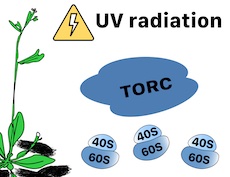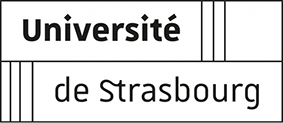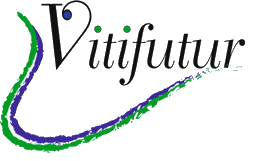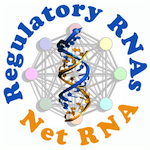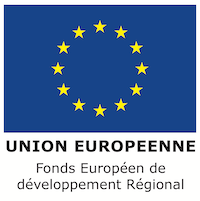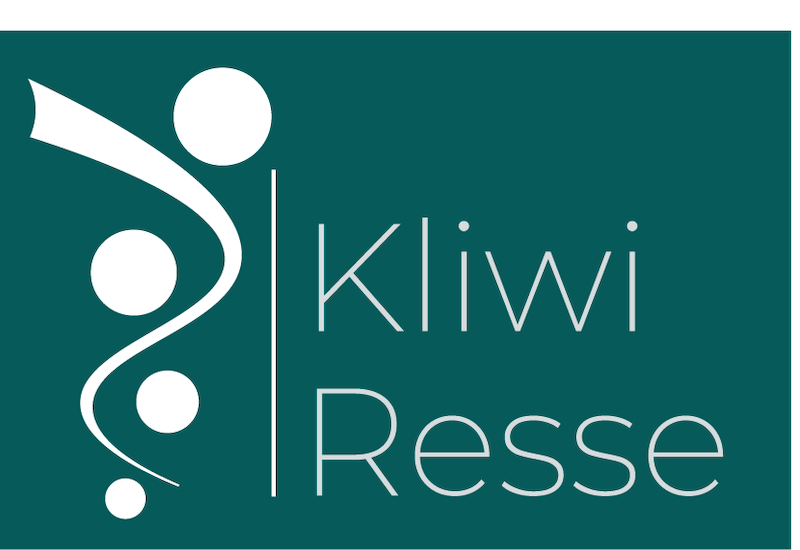Genotoxic stress exposure (i.e, UV) can affect cell integrity and can damage both nuclear (DNA) and cytoplasmic (RNAs)compartments impairing (epi)genome integrity and gene expression (transcription and translation). Thus, the capacity of living organisms to cope with the damaging effect of genotoxic agents relies on interplays between different surveillance processes preventing deleterious chromosome rearrangements, epigenome alterations and collapse of transcriptional/translational machinery. We are interested in deciphering the underlying molecular mechanismscontrolling (epi)genome integrity and translation in response to genotoxic stress exposure.
(Epi)genome surveillance
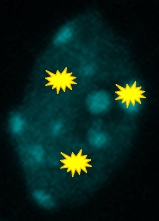
The formation of DNA damages and the choice of the repair pathway depend on the chemical environment of the DNA molecule. The crosstalk between DNA repair and chromatin shape might participate in modulating the environment of the DNA to avoid further damage accumulation or to act as epigenetic memory to prevent undesired genome rearrangements. Therefore, it is of prime interest to better understand the mechanisms related to DNA damage formation, recognition and repair in the context of chromatin complexity. We aim at deciphering the reciprocal crosstalk between epigenetics, UV-induced DNA damages and DNA repair processes using genetic, genomic approaches and mutant plants.
